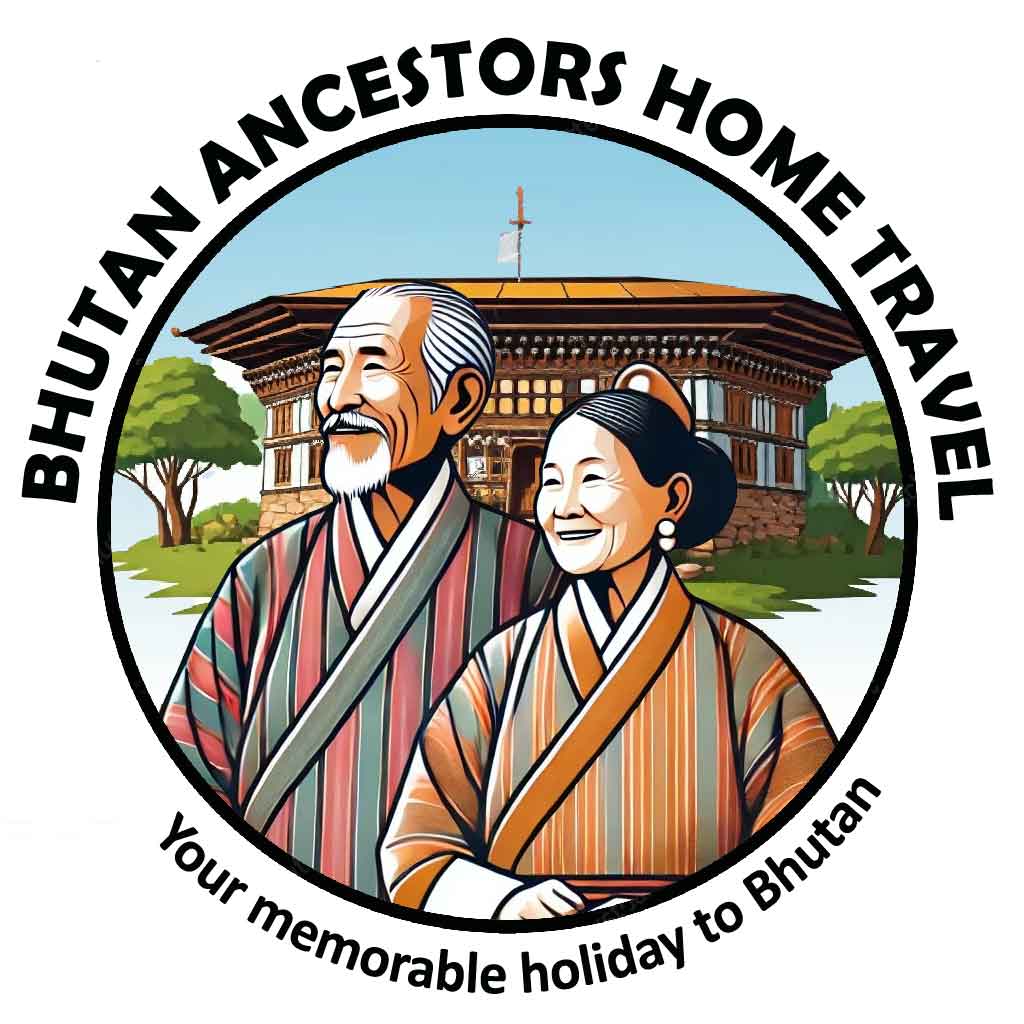About Bhutan
Bhutan, a small kingdom nestled in the Himalayas, is renowned for its unique geographical location and rich cultural traditions. This mysterious nation is bordered by China towards to the north and India towards to south, west, and east.
Bhutan is also well known in globally for its unique development philosophy called “Gross National Happiness” (GNH). This concept emphasizes a balance between economic growth, cultural preservation, ecological balance, and social well-being, showcasing Bhutan’s distinctive approach to blending tradition and modernization.
With over 70% of its land covered by forests, Bhutan has strict laws ensuring that forest cover never falls below 60%. Bhutan is the world’s only carbon-negative country, meaning it absorbs more carbon dioxide than it emits.
Bhutanese Healthcare System
- Healthcare services in Bhutan are entirely free for all Bhutanese citizens.
- Free services include consultation, treatment, medication, and hospital stays.
For Tourists
- Healthcare facilities are available for tourists, but they may be basic in rural areas.
- Visitors are advised to have travel health insurance for emergencies and treatments requiring evacuation.
- Vaccinations for hepatitis A, typhoid, and other preventable diseases are recommended before visiting Bhutan.
Bhutan’s commitment to free healthcare for its citizens is a testament to its values of equality and well-being, though challenges persist in delivering high-quality services nationwide
Languages Spoken in Bhutan
- Official Language: Dzongkha
- English : Read, Write & Spoken
Regional Languages
- Sharchopkha: Spoken
- Lhotshamkha (Nepali): Spoken
- Bumthangkha & Khengkha: Spoken
- Kurtoepkha: Spoken
Currency of Bhutan
- Official Currency: Bhutanese Ngultrum (BTN)
- Symbol: Nu.
Accepted Currency in Bhutan
-
Bhutanese Ngultrum (BTN):
-
Indian Rupee (INR):
- The Indian Rupee is officially accepted in Bhutan due to the 1:1 peg.
- Note: While INR notes of ₹10, ₹20, ₹50, ₹100, and ₹500 are accepted, ₹2,000 notes may not always be readily accepted in rural areas.
-
Foreign Currencies (Limited Acceptance):
- Some hotels, high-end stores, and tour operators may accept major foreign currencies like USD, Euro, and Pound Sterling, but this is not widespread.
-
Credit/Debit Cards:
- Cards like Visa and Mastercard are increasingly accepted in urban areas, especially in hotels, restaurants, and souvenir shops.
- However, cash remains essential in rural areas where card facilities are limited.
